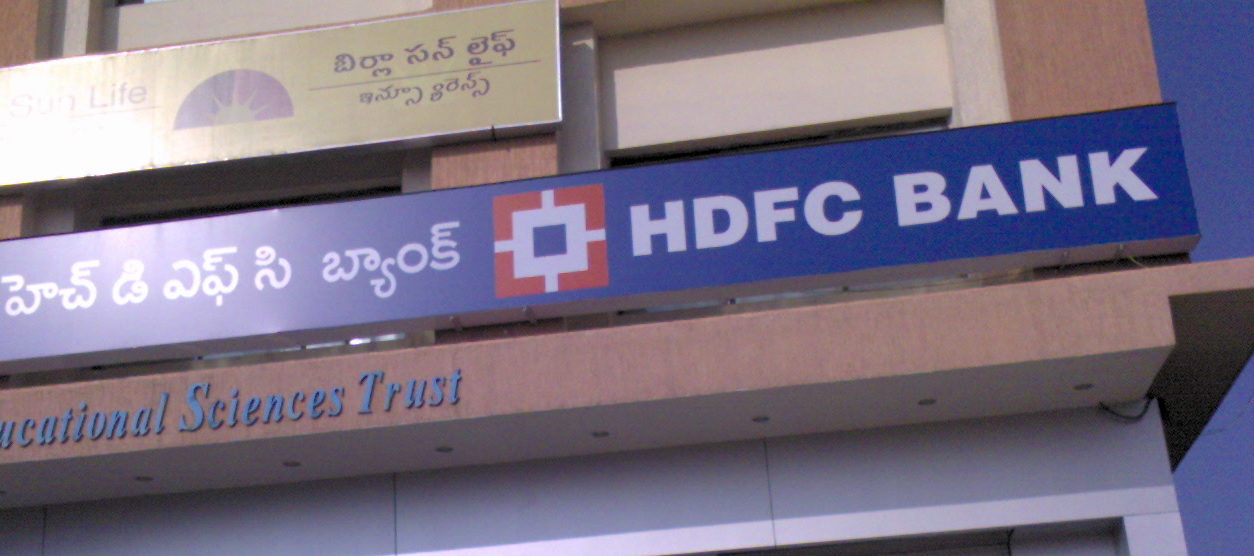
HDFC Bank, in partnership with UNDP India, today signed a Memorandum of Understanding (MoU) with Greater Noida Industrial Development Authority (GNIDA) for setting up a Swachhta Kendra (Material Recovery Facility) in the city. The facility will benefit the people of Greater Noida. The bank has allotted nearly Rs 3 crore for sponsoring this project under its flagship CSR programme – Parivartan.
The bank is aligned with all government missions and initiatives to move towards a low-carbon economy. Under its ESG strategy, the Bank has taken up protecting the environment as a major focus area. It has set an aim to become carbon neutral by 2031-32 by reducing its emissions, energy, and water consumption. The bank encourages and invests in projects that lower carbon footprint. It also supports communities in enhancing their resilience to climate change and environmental risks.
The new facility is a step toward working with the people, administration of Greater Noida and UNDP to promote sustainability. Greater Noida currently generates around 300-350 metric tonnes of waste daily. The Swachhta Kendras collect dry waste, segregate and recover it before sending it to recyclers, creating resource efficiency and supporting a circular economy.
The new Swachhta Kendra in Greater Noida will recover around 200-300 of dry waste every month. The MoU signing was held in the presence of Mr. Narendra Bhooshan, CEO, GNIDA, Mr. Akhilesh Kumar Roy, Branch Banking Head, HDFC Bank, and Mr. Srikrishna Balachandran, Project Manager and Officer in Charge, Plastic Waste Management Programme, UNDP India.
“Through Parivartan, we have already impacted over 8.5 crore lives across the country,” said Ms Ashima Bhat, Group Head – CSR, Business Finance and Strategy, Administration and Infrastructure, HDFC Bank. “Environmental, Social and Governance (ESG) considerations are embedded in our ethos, which reflects our unwavering commitment towards a sustainable future. The Swachhta Kendra in Greater Noida promotes a model of segregation and collection, improving the use of resources and promoting the wellbeing and livelihoods of Safai Sathis as well as for the city. We are confident this will help the city manage its dry waste better and protect the environment from non-biodegradable and harmful waste.”
HDFC Bank and UNDP are working together on Dry Waste Recycling and Management project in five cities – Dehradun, Delhi, Panaji, Rishikesh, and Uttarkashi – as part of the Dry Waste Management Programme. The project has processed 4,000+ MT of dry waste.
“Effective and sustainable waste management is a pre-requisite for any smart city. GNIDA is committed to bringing state-of-the-art infrastructure to Greater Noida and improving its residents’ standard of living. The MoU signing is a reflection of this vision,” said Narendra Bhooshan, CEO, GNIDA.
“The plastic waste management programme of UNDP is a unique attempt. It brings all the stakeholders in the waste value chain to demonstrate a sustainable waste management model in the country. We create a circular economy on plastics by closing the loop and connecting the plastic recycling value chain players, from waste collectors to recyclers,” said Mr. Srikrishna Balachandran, Project Manager, and OIC Plastic Waste Management programme UNDP.
UNDP’s Plastic Waste Management Programme is aligned with India’s Swachh Bharat (Clean India) Mission, Solid Waste Management Rules 2016, and Plastic Waste Management (Amendment) Rules 2018.


